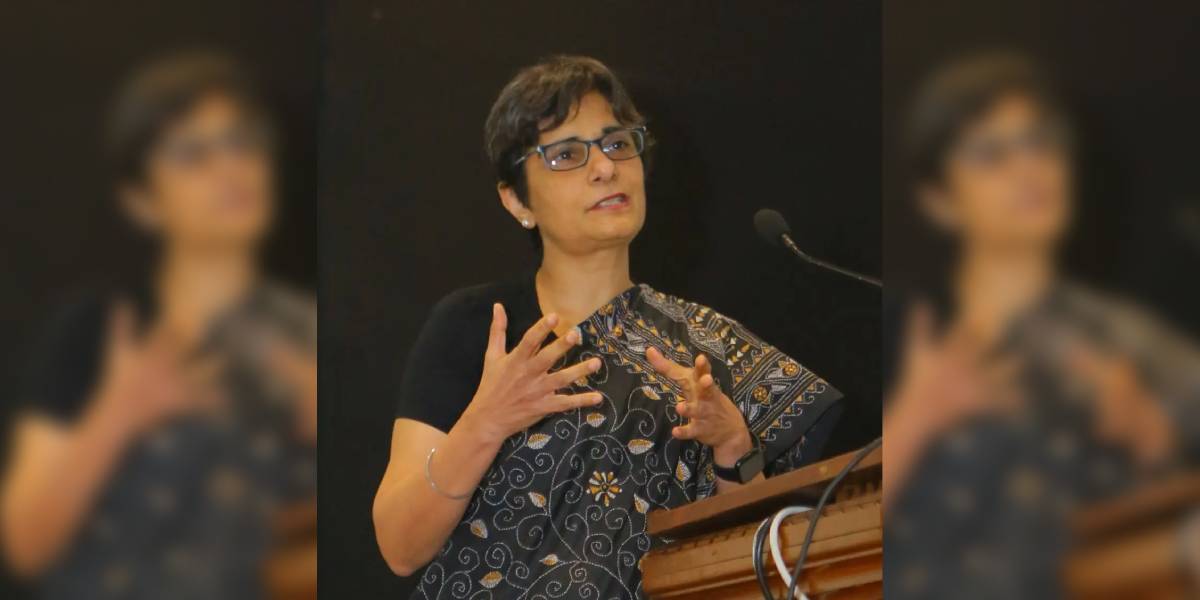Dr Gagandeep Kang says an increase in number of cases is going to be a periodic affair, but states need to look at severity in clinics.

Dr Gagandeep Kang. (X)
The recent surge in Covid-19 cases in Kerala and the discovery of the JN.1 sub-variant has created panic among people. Several states are also increasing their surveillance of the Covid-19 situation.
South First spoke with renowned microbiologist Dr Gagandeep Kang of the Christian Medical College, Vellore, about the emergence of the JN.1 variant.
Here are excerpts from the conversation:
Q. Can you explain the significance of new variants like JN.1?
A. What is important to remember is that we are going to periodically have variants that have enough mutations to escape the immune system. It’s not just about Eris, Pirola, or JN.1; this is an ongoing, periodical process now.
Q. The number of infections is going up in Kerala. Should we be worried?
A. Whenever a new variant emerges, like JN.1, it’s adapted to infect people who already have some immune response. This means that these infections are expected to happen. That’s the reason for its mutation.
The number of people infected will go up. Whenever you encounter an infection, particularly a new variant, it will infect people; that’s the reason for its mutation.
Q. When should the public start worrying about a new variant?
A. You worry when hospitalisations go up, particularly if they are associated with only one type of people. The concern arises when young people start getting hospitalised, not merely when those with comorbidities or the elderly, who are susceptible to all viruses, are affected.
Q. Are we seeing any concerning trends with the JN.1 variant?
A. At the moment, we are not seeing any alarming signals. Increased cases have not translated into a notable rise in hospital admissions among the general population. Even if the virus is present in other states of India, it only becomes a matter of concern when it leads to severe clinical consequences, not just an increase in number of infections.
The presence of a variant in a population only matters when it results in severe clinical consequences, not just infections. So, monitoring the rate and severity of hospitalisations is crucial.

May 18, 2024

May 17, 2024

May 17, 2024

May 17, 2024

May 17, 2024

May 16, 2024